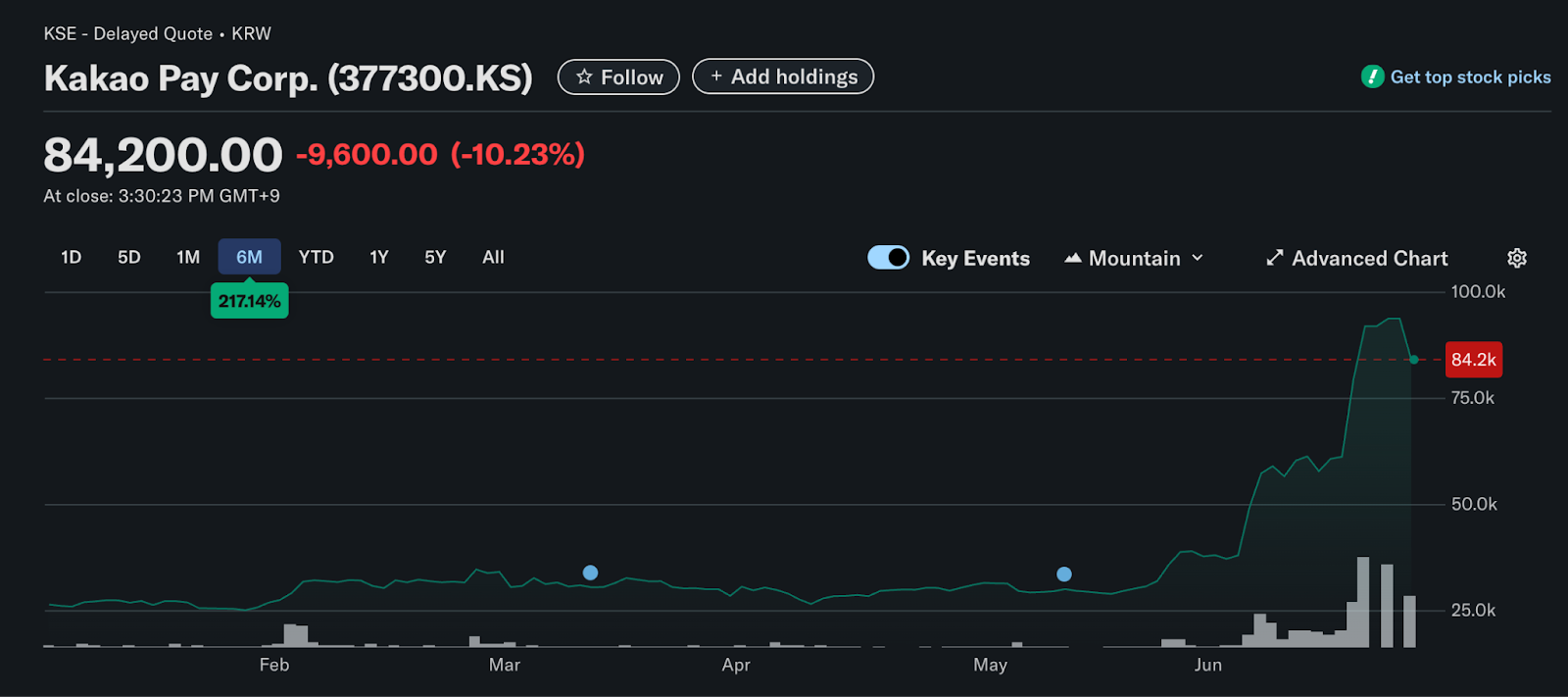Only 17% of executives now anticipate a recession, according to a survey released Tuesday by PricewaterhouseCoopers, and 74% believe they can attract and retain the talent they need.
PwC’s Pulse Survey of 607 U.S. executives found their top strategic priority over the next three to five years is embedding new technologies into their business. However, they indicated they’re struggling to achieve measurable value with new technology, with 75% of leaders saying employee fears that technology will make their jobs obsolete present a challenge in transforming their business.
Nearly three-quarters (74%) said they have the right culture in place for reinvention. “Clearly there’s more optimism that has creeped into companies across the U.S.,” said Neil Dhar, vice chair and U.S. Consulting Solutions co-leader at PwC, during a press conference. “What we’re finding is CEO optimism has cascaded down the organization, and with that companies feel as if they could be more bold, looking out into the future.”
When asked about their top workforce priorities, executives said they have or plan to expand mental health benefits (64%), train employees on new technology (64%) or increase compensation (60%).
Exactly half (50%) of the executives polled cite climate change as a risk to their business, while only 23% are contingency planning for climate-related disruptions in the next 12 to 18 months.
“Economic uncertainty is not the only lingering risk that business leaders face,” said Wes Bricker, vice chair and U.S. Trust Solutions co-leader at PwC. “One in two executives now cites climate change as a risk to their business as the urgency to address climate change only increases. It only takes a quick look at the headlines to see how climate-related disasters continue to impact communities and businesses here in the U.S. and around the world, and our thoughts are certainly with those affected now in California, Maui and other disasters.”
While 69% of leaders agree they’re prepared to comply with the reporting side of sustainability requirements, less than a quarter of the executives polled would say they’re actively planning for climate-related disruptions in the next 12 to 18 months, he noted.
“When you look at the data, given the 18 separate weather and climate disasters in ’22, each of which could cost a billion in damage, it’s important for management teams to discuss the issue with their board and factor it into strategy and risk management,” said Bricker. “It’s an opportunity for companies to invest in greater resilience measures and to look at broader sustainability strategies that can impact their business, their brands, and of course, their stakeholders.”
In the next 12 to 18 months, about one in two leaders said they will invest in new technologies (59%), and 46% expect to invest in generative AI specifically. However, many of the executives polled believe the challenges to their companies’ ability to transform largely center around technology, including achieving measurable value from new tech (88%), the cost of adoption (85%) and training talent (84%).
“Another big area where we’re finding leaders are focused on as they look for a competitive edge around tech power transformation is how they bring their workforce along,” said Dhar. “What we’re finding is a fully engaged workforce is the key to actually driving that technology and actually getting the efficiencies.”
Credit: Source link











